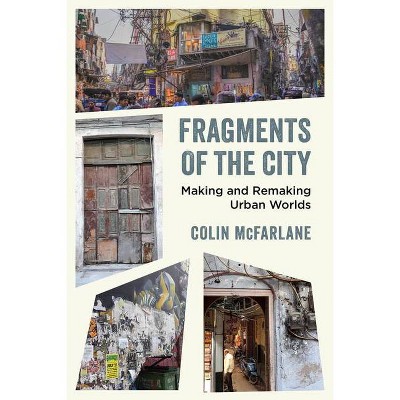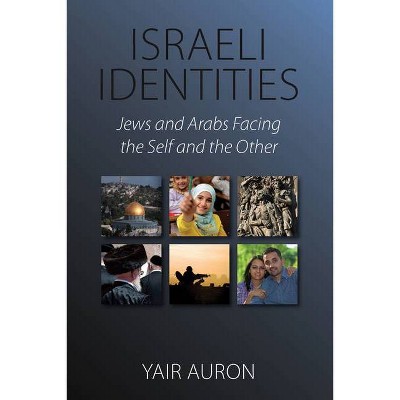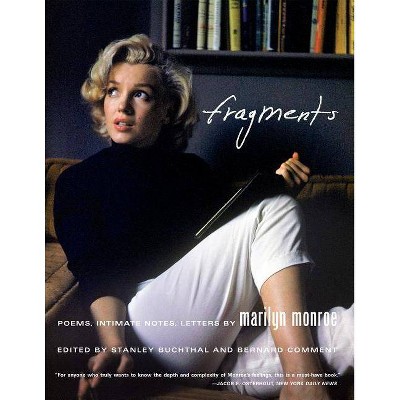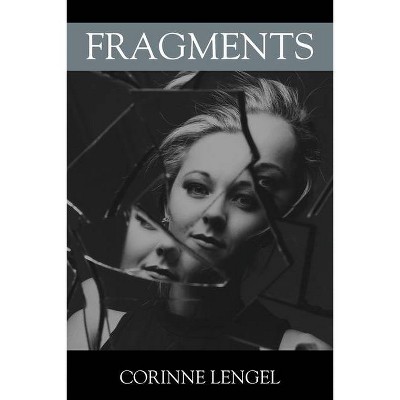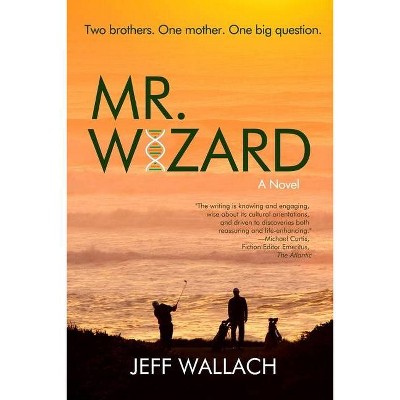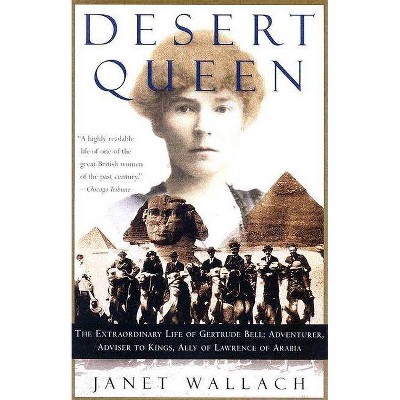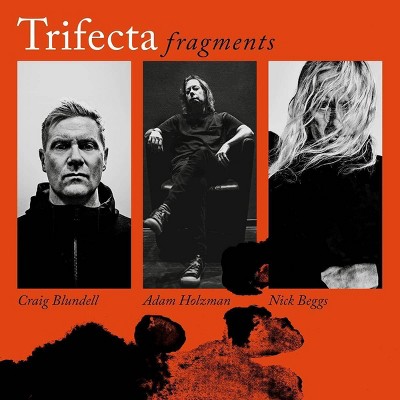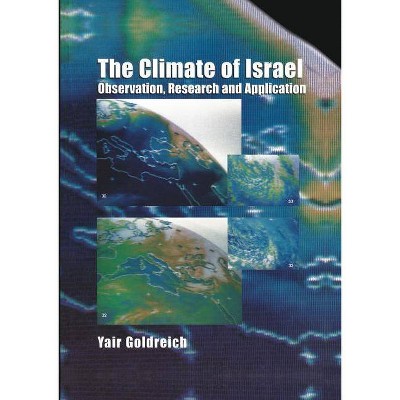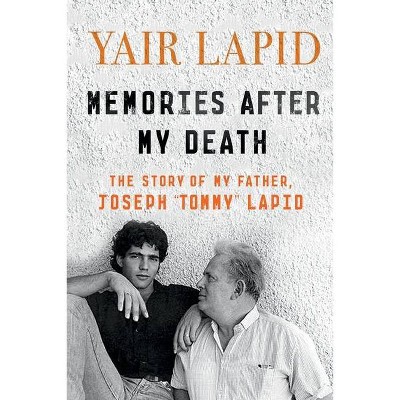A City in Fragments - by Yair Wallach (Paperback)
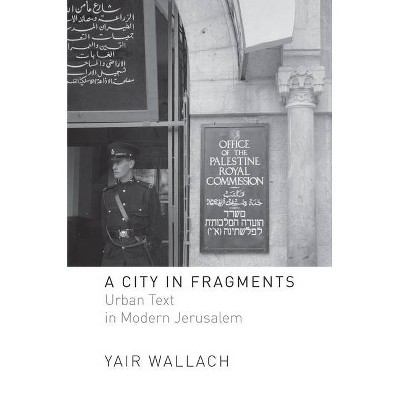
Similar Products
Products of same category from the store
AllProduct info
<p/><br></br><p><b> About the Book </b></p></br></br>"For years, Yair Wallach walked the streets of Jerusalem, searching for writing on its walls. He looked for graffiti, logos, inscriptions, official signs, and ephemera, focusing on how modern Jerusalem took shape in the late nineteenth and early twentieth centuries. From 1850 to 1948 Jerusalem was a city of increasingly contradictory trajectories, as Ottoman rulers, British colonial officials, Arab nationalists, Zionist activists, and Orthodox Jews negotiated its future. Text in Hebrew, Arabic, and other languages became a key means to organize space, society, and subjectivity. Wallach reassembles these written fragments to reveal how the logics of state and capital shaped the modern city"--<p/><br></br><p><b> Book Synopsis </b></p></br></br><p>In the mid-nineteenth century, Jerusalem was rich with urban texts inscribed in marble, gold, and cloth, investing holy sites with divine meaning. Ottoman modernization and British colonial rule transformed the city; new texts became a key means to organize society and subjectivity. Stone inscriptions, pilgrims' graffiti, and sacred banners gave way to street markers, shop signs, identity papers, and visiting cards that each sought to define and categorize urban space and people.</p> <p><i>A City in Fragments</i> tells the modern history of a city overwhelmed by its religious and symbolic significance. Yair Wallach walked the streets of Jerusalem to consider the graffiti, logos, inscriptions, official signs, and ephemera that transformed the city over the late nineteenth and early twentieth centuries. As these urban texts became a tool in the service of capitalism, nationalism, and colonialism, the affinities of Arabic and Hebrew were forgotten and these sister-languages found themselves locked in a bitter war. Looking at the writing of--and literally on--Jerusalem, Wallach offers a creative and expansive history of the city, a fresh take on modern urban texts, and a new reading of the Israel/Palestine conflict through its material culture.</p><p/><br></br><p><b> Review Quotes </b></p></br></br><br><i>A City in Fragments</i> is a brilliant, erudite examination of Jerusalem's Ottoman and colonial modernity through texts. Yair Wallach has a keen sense of transforming anecdotal narratives into a captivating history, at times hilarious and always revealing. He takes us on an anti-nostalgic journey of silent witnesses, literally leaving no stone unturned, physically or symbolically.--Salim Tamari "editor of the <i>Jerusalem Quarterly</i>"<br><br>[An] astounding account of how and why stone inscriptions were replaced by street signs and name plates....While narrating the fragmentation of urban textuality...the book's own text is anything but fragmentary. Conveying an erudite theoretical understanding of modernity through the story of Jerusalem makes the text wonderfully harmonious.--Dotan Halevy "<i>Tel Aviv Review of Books</i>"<br><br>Extensively researched, thoughtfully conceptualized, and elegantly designed, Yair Wallach tells a compelling and sophisticated story that goes beyond contested language politics and the triumph of modern understandings of the power of writing. His reconstruction of a world remade by everything from postmarks and stationery to nameplates and graffiti illuminates the diverging experiences and shared predicaments of Muslim, Jewish, and Christian city-dwellers in an age of colonialism and nationalism.--David Henkin "author of <i>City Reading</i>"<br><br>In this astonishing and delightful book, Yair Wallach deftly weaves together original theoretical insights, untapped documentary and material evidence, and fascinating stories firmly embedded in Jerusalem's landscape. Our understanding of the city's history will forever be changed by this sensitive and lyrical description of the city--sacred and profane, spiritual and material, Arab and Jewish--and the fragmentary voices and lives of those who built it.--Michelle Campos "author of <i>Ottoman Brothers</i>"<br><br>Wallach's work is a refreshing effort, where urban text takes on its own agency in the context of the emerging Arab-Zionist conflict. Against the dozens of publications that will fill another shelf by the end of the year under the topic of Jerusalem, this is certainly one that scholars and the wider audience must be engaged with.--Roberto Mazza "<i>Jerusalem Quarterly</i>"<br><p/><br></br><p><b> About the Author </b></p></br></br><b>Yair Wallach</b> is Senior Lecturer in Israeli Studies at SOAS, University of London.
Price History
Cheapest price in the interval: 28 on October 27, 2021
Most expensive price in the interval: 28 on December 20, 2021
Price Archive shows prices from various stores, lets you see history and find the cheapest. There is no actual sale on the website. For all support, inquiry and suggestion messages communication@pricearchive.us
